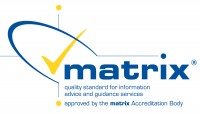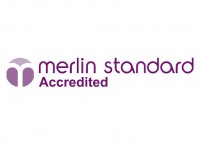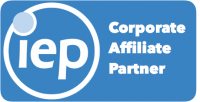A Curriculum Based on Innovative Research

PeoplePlus has made new developments to our prison education curriculum model based on current and innovative research across education sectors and our industry partners.
The model is based on the sequencing of all academic and vocational subjects to ensure a carefully planned and personalised teaching curriculum, and long-term recall of learning. This allows our prisoners to gain the knowledge and skills they need for a successful life following their release.
Designed by a dedicated and well-qualified team of educators and industry partners, with specialist knowledge and expertise, our new curriculum has been created with long-term learning in mind. Prisoners should be able to take what they learn in prison and use it to provide them with opportunities to succeed in life. The curriculum will take learners beyond what they already know, enable them to be more socially mobile and will help to reduce re-offending.
Our curriculum model continues to vary in each of our 22 prison education locations to cater to the needs and demands of that setting. It is based upon the principle that all our learners gain mastery of a body of subject-specific, and other knowledge, that we have carefully specified. Formative and summative assessment is used to capture learner progress throughout their course. Gaps in knowledge and skills are quickly identified, informing future planning and success.
In all our prisons we offer several key courses that embed vital knowledge and skills, including maths and English, essential digital skills, personal skills, vocational training and enrichment activity.
Our aim is that no matter what a prisoner’s background, or prior educational experiences, every learner has equal access to the curriculum with their progress being rooted firmly in what we expect them to know at each stage of their journey. To this end, our new curriculum includes adapted curriculum materials and teaching strategies for those with support needs.
We also see the importance of making the curriculum relevant and meaningful to learners in order that it becomes transferable, allowing them to build links across subject areas, and with real life. By partnering with employers, we have been able to organise our curriculum to be in-line with the needs of the job market, providing our learners with the wider skills and understanding to help them to succeed in achieving employment.








